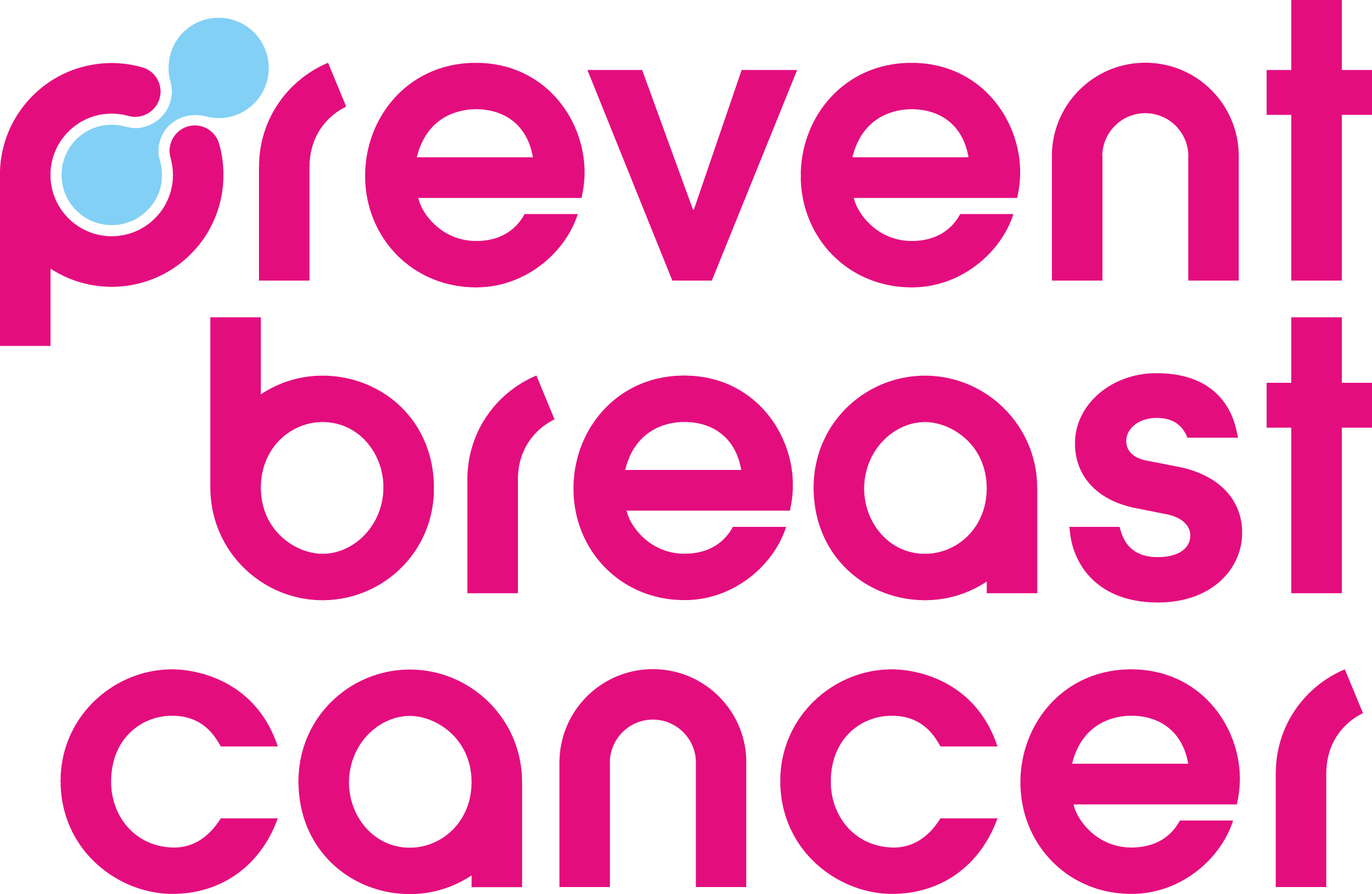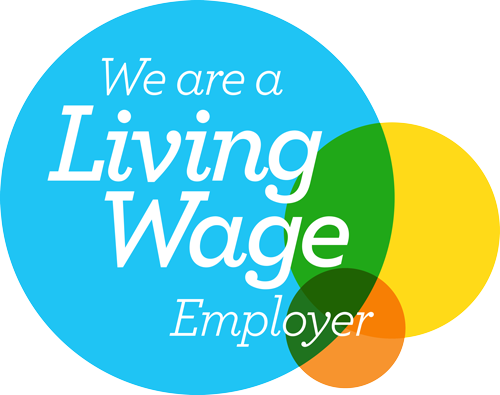In our most recent blog, our Honorary President and Founder, Lester Barr MBE, summarised recent breast cancer research carried out by our scientific experts regarding ways of improving the NHS Breast Screening Programme.
Carrying on with this fascinating series of blogs, we’re delighted to have Lester explain further research that has been documented in scientific journals during 2023.
Tamoxifen Evolution
In this article, Professor Tony Howell and Doctor Sacha Howell review the history of Tamoxifen in the fight against breast cancer since it’s first introduction in 1971. Several other anti-oestrogenic drugs have been developed over the last five decades, but still Tamoxifen remains an extremely effective and important drug. It is taking on a particular role now as a preventive drug, to reduce the chance of developing breast cancer in women known to be at an increased risk of the disease. This is of particular relevance to women who carry a breast cancer gene. However, we are now able to estimate an individual woman’s risk of breast cancer even when no family history is present, through an analysis of lifestyle, mammogram density and small gene fragments called SNPs. For these women too at increased risk, Tamoxifen can be an effective preventive agent. Current research is now focusing on how to reduce Tamoxifen side effects in the context of prevention, for example by using a lower dosage. Tamoxifen seems set to continue as an important option in breast cancer prevention for many years to come. The full article is available online.
The BC-Predict Study – Quantifying the effects of risk stratified breast cancer screening when delivered in real time.
This study from our team in Manchester recruited 2472 women as they attended routine NHS breast screening appointments. In addition to their mammogram these women were also offered an estimation of their breast cancer risk based on a questionnaire and a calculation of their mammographic breast density. 197 women were assessed as high risk, using the NICE criteria of over 8% breast cancer risk within 10 years. Of these women only 80 (40%) attended a subsequent feedback appointment to discuss their results. However, 62 of the 80 women who attended decided to accept the offer of preventive medication with a daily tablet of a drug such Anastrozole, Tamoxifen or Raloxifene. In addition, the majority of these women also opted to accept the recommendation of annual mammogram screening.
There was in addition another group of 379 women assessed as moderate risk (between 5% and 8% risk within 10 years). This group had a lower attendance rate for their results at 18%, but nevertheless two thirds of those who did attend wished to have preventive medication and/or extra screening.
Preventive medication reduces breast cancer risk. Annual screening of high-risk women allows early detection and reduces the number of advanced cancers. Adding risk assessment to the process of NHS screening is therefore a significant prevention strategy and should save lives. You can read the full article online.
Prevent Breast Cancer funds high quality breast cancer research into the prediction and prevention of the disease.
Find out more about the type of research we fund and our past and present research projects.
If you’d like to donate to Prevent Breast Cancer, please consider a donation today.
About Prevent Breast Cancer
Prevent Breast Cancer is the only UK charity entirely dedicated to the prediction and prevention of breast cancer – we’re committed to freeing the world from the disease altogether. Unlike many cancer charities, we’re focused on preventing, rather than curing. Promoting early diagnosis, screening and lifestyle changes, we believe we can stop the problem before it starts. And being situated at the only breast cancer prevention centre in the UK, we’re right at the front-line in the fight against the disease. Join us today and help us create a future free from breast cancer. If you have any questions or concerns, email us today.




